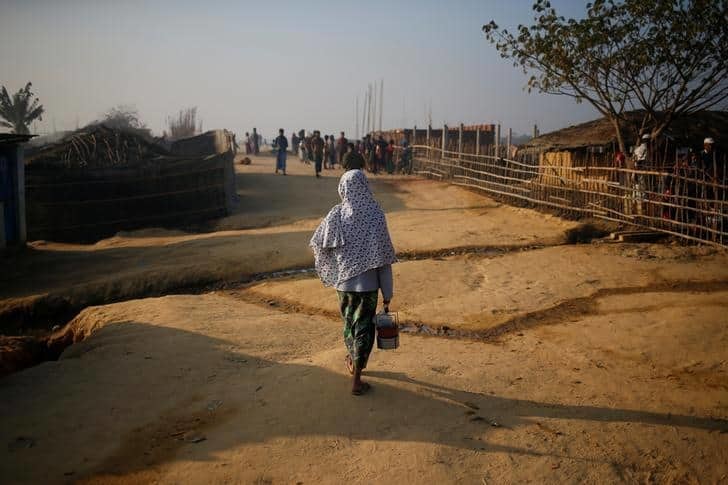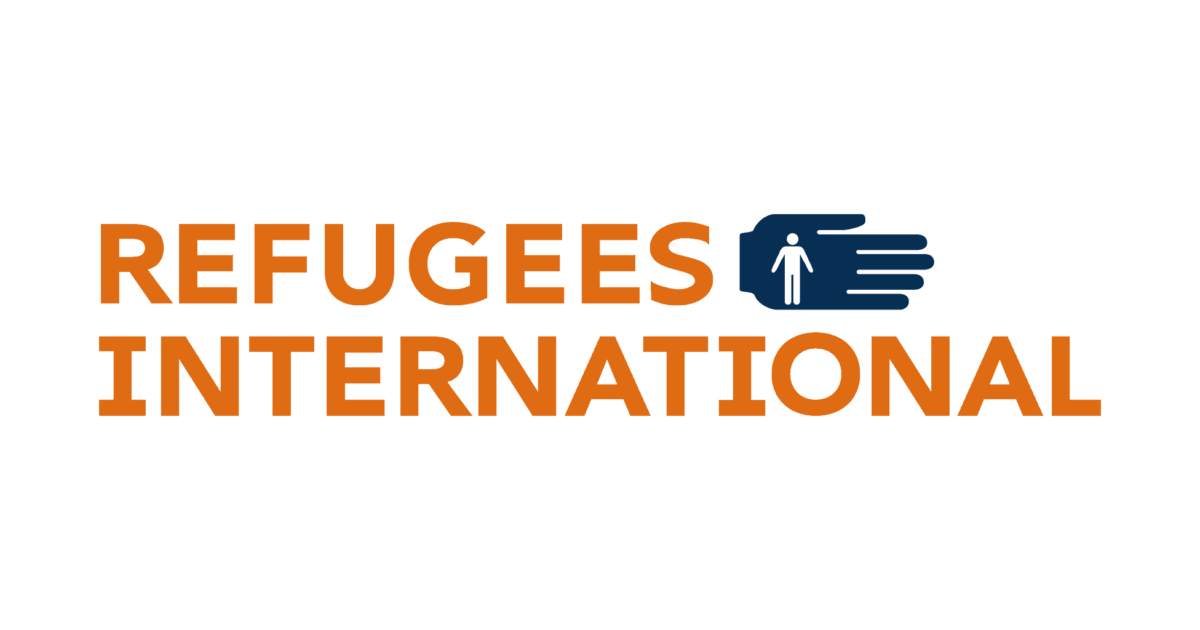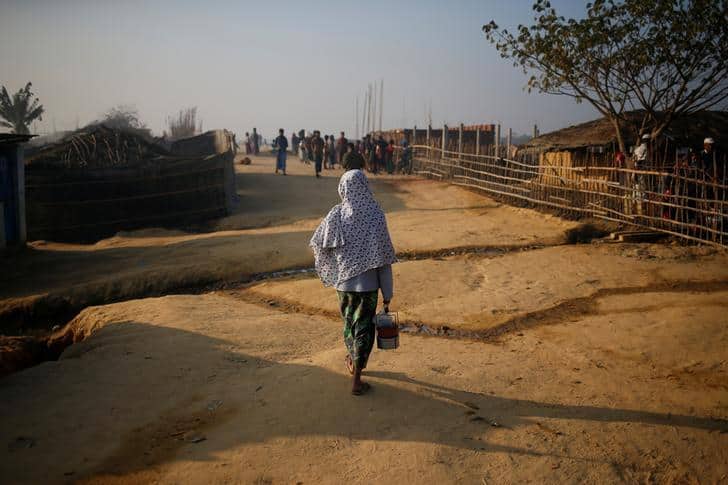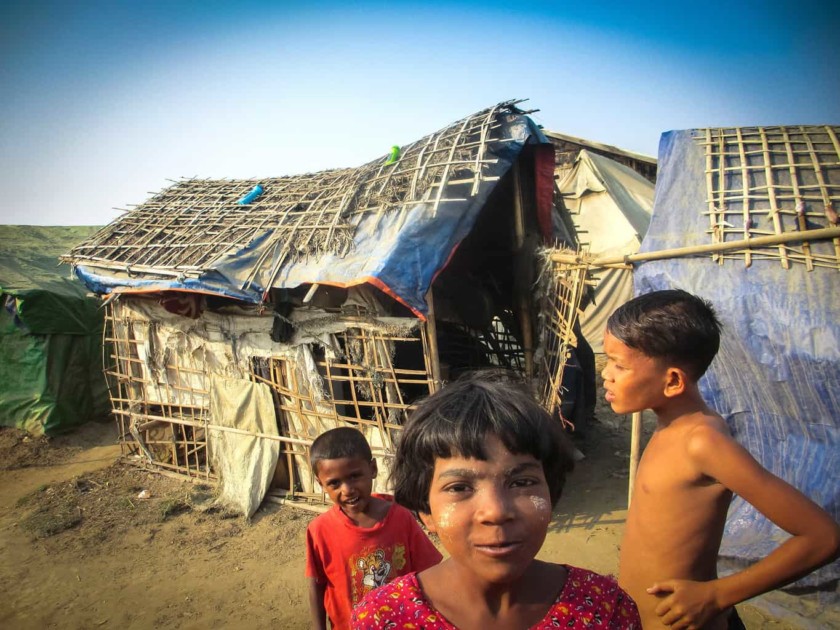Myanmar
Myanmar
Current and Past Recommendations to the UN Security Council (Monthly Action Points)
Since attacks on police outposts by a group calling itself ARSA (Arakhan Rohingya Salvation Army) on 25 August 2017 and subsequent clearance operations by Myanmar security services, the situation in northern Rakhine, Myanmar, has deteriorated rapidly into a humanitarian crisis that has resulted in more than 500,000 people displaced from Rakhine State crossing the border from Myanmar to Bangladesh – almost all of whom self-identify as Rohingya. Around 30,000 people were also internally displaced, mostly ethnic Rakhine people and other minority groups. Untold numbers are experiencing enormous deprivation and suffering as international humanitarian access is blocked to affected areas. This follows years of rising tensions and outbreaks of inter-communal violence in Rakhine, where there were already 120,000 people living in IDP camps. The Government of Myanmar is the primary duty bearer with respect to protecting the rights of all people in Myanmar. In this moment of crisis, the Government must safeguard the security of humanitarian workers and, most critically, re-establish unfettered humanitarian access to ensure the delivery of life-saving assistance (including food, WASH, and medical services), protection measures to all people on the basis of need without discrimination. Existing humanitarian operations have been severely disrupted, though international humanitarian organizations retain access to deliver aid in central Rakhine as part of ongoing operations. Restrictions mean the UN and international NGOs are unable to provide assistance to people internally displaced by the recent violence. The Government has stated it will provide assistance to all people affected by the violence through the Red Cross Movement, but there are concerns as to its capacity to reach all people in need.
There have been widespread reports of human rights violations, including rape and other forms of sexual and gender-based violence, and unlawful violence, including the large-scale destruction of property and targeting of fleeing civilians. Limited access and information means that most facts are impossible to verify at this time, but UN agencies and human rights organizations have stated that reports, if proven, amount to atrocities and ethnic cleansing. Some official statements made by Myanmar authorities have condemned any human rights violations of unlawful violence that has occurred and committed to bring those involved to justice. It is imperative that steps are taken to prevent further violence, seek evidence to establish the facts, and investigate all allegations. Finally, the Security Council should continue to discuss the situation in Myanmar and call for further action by the UN Secretary-General and other senior UN officials.
Since attacks on police outposts by a group calling itself ARSA (Arakhan Rohingya Salvation Army) on 25 August 2017 and subsequent clearance operations by Myanmar security services, the situation in northern Rakhine, Myanmar, has deteriorated rapidly into a humanitarian crisis that has resulted in more than 500,000 people displaced from Rakhine State crossing the border from Myanmar to Bangladesh – almost all of whom self-identify as Rohingya. Around 30,000 people were also internally displaced, mostly ethnic Rakhine people and other minority groups. Untold numbers are experiencing enormous deprivation and suffering as international humanitarian access is blocked to affected areas. This follows years of rising tensions and outbreaks of inter-communal violence in Rakhine, where there were already 120,000 people living in IDP camps. The Government of Myanmar is the primary duty bearer with respect to protecting the rights of all people in Myanmar. In this moment of crisis, the Government must safeguard the security of humanitarian workers and, most critically, re-establish unfettered humanitarian access to ensure the delivery of life-saving assistance (including food, WASH, and medical services), protection measures to all people on the basis of need without discrimination. Existing humanitarian operations have been severely disrupted, though international humanitarian organizations retain access to deliver aid in central Rakhine as part of ongoing operations. Restrictions mean the UN and international NGOs are unable to provide assistance to people internally displaced by the recent violence. The Government has stated it will provide assistance to all people affected by the violence through the Red Cross Movement, but there are concerns as to its capacity to reach all people in need.
There have been widespread reports of human rights violations, including rape and other forms of sexual and gender-based violence, and unlawful violence, including the large-scale destruction of property and targeting of fleeing civilians. Limited access and information means that most facts are impossible to verify at this time, but UN agencies and human rights organizations have stated that reports, if proven, amount to atrocities and ethnic cleansing. Some official statements made by Myanmar authorities have condemned any human rights violations of unlawful violence that has occurred and committed to bring those involved to justice. It is imperative that steps are taken to prevent further violence, seek evidence to establish the facts, and investigate all allegations. Finally, the Security Council should continue to discuss the situation in Myanmar and call for further action by the UN Secretary-General and other senior UN officials.
Relevant Resources






